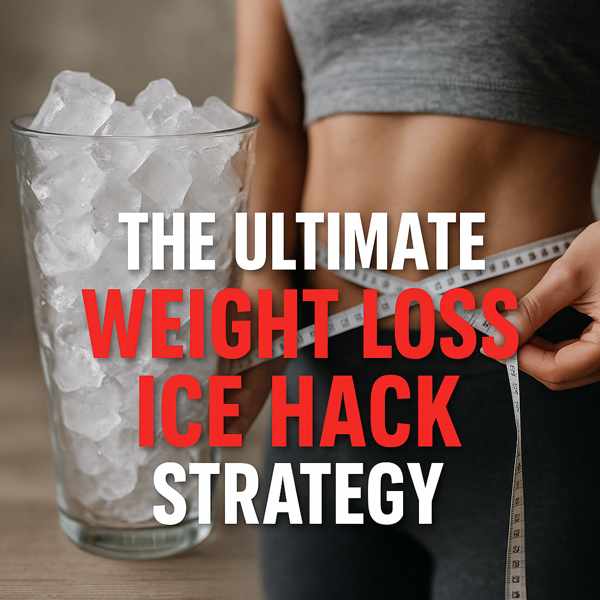Exploring the Truth Behind the Weight Loss Ice Hack
Exploring the Truth Behind the Weight Loss Ice Hack
Blog Article

This trending method claims to stimulate fat-burning using cold exposure, often in the form of ice.
Let’s uncover the truth behind the ice hack for weight loss.
What Is the Ice Hack?
The "ice hack" usually refers to practices like drinking ice-cold water to stimulate calorie burning.
Supporters claim that:
- Cold exposure increases calorie expenditure
- Drinking icy water may curb appetite
- Cold activates brown adipose tissue
- Using cold compresses may target stubborn fat
The Science Behind the Ice Hack
That said, it may provide a gentle boost when paired with healthy habits.
Scientific observations include:
- But it requires consistent exposure
- Helpful for weight control
- Though not directly tied to weight loss
Trendy Methods of Cold-Based Weight Loss
You might encounter:
- Start your day with icy lemon water
- Cold packs on the neck or stomach
- Ice chewing to reduce snacking urges
- Combines natural support with cold exposure
Each version offers a different approach, but none replace a proper weight loss program.
Should You Try It?
Pros:
- Simple and inexpensive
- Icy drinks can increase fluid intake
- Sucking ice can replace mindless snacking
Cons:
- Minimal calorie-burning effect
- Discomfort or sensitivity
- Can distract from real lifestyle changes
Is This Trend Worth Your Time?
It may be suitable for:
- People who enjoy health experiments
- Looking for extra help
- Anyone needing a low-effort nudge
If you’re expecting dramatic results from this check here hack alone, you may be disappointed.
Combining the Hack with Healthy Habits
For safe and effective use:
- Drink cold water before meals
- Ensure you stay in a deficit
- Exercise regularly
- Avoid extreme cold or discomfort
It’s most effective when part of a broader plan.
Conclusion
If you’re using it as part of a smart plan that includes healthy eating and physical activity, it may serve as a motivating habit.
Consider the ice hack a supplement to—not a replacement for—real work. Report this page